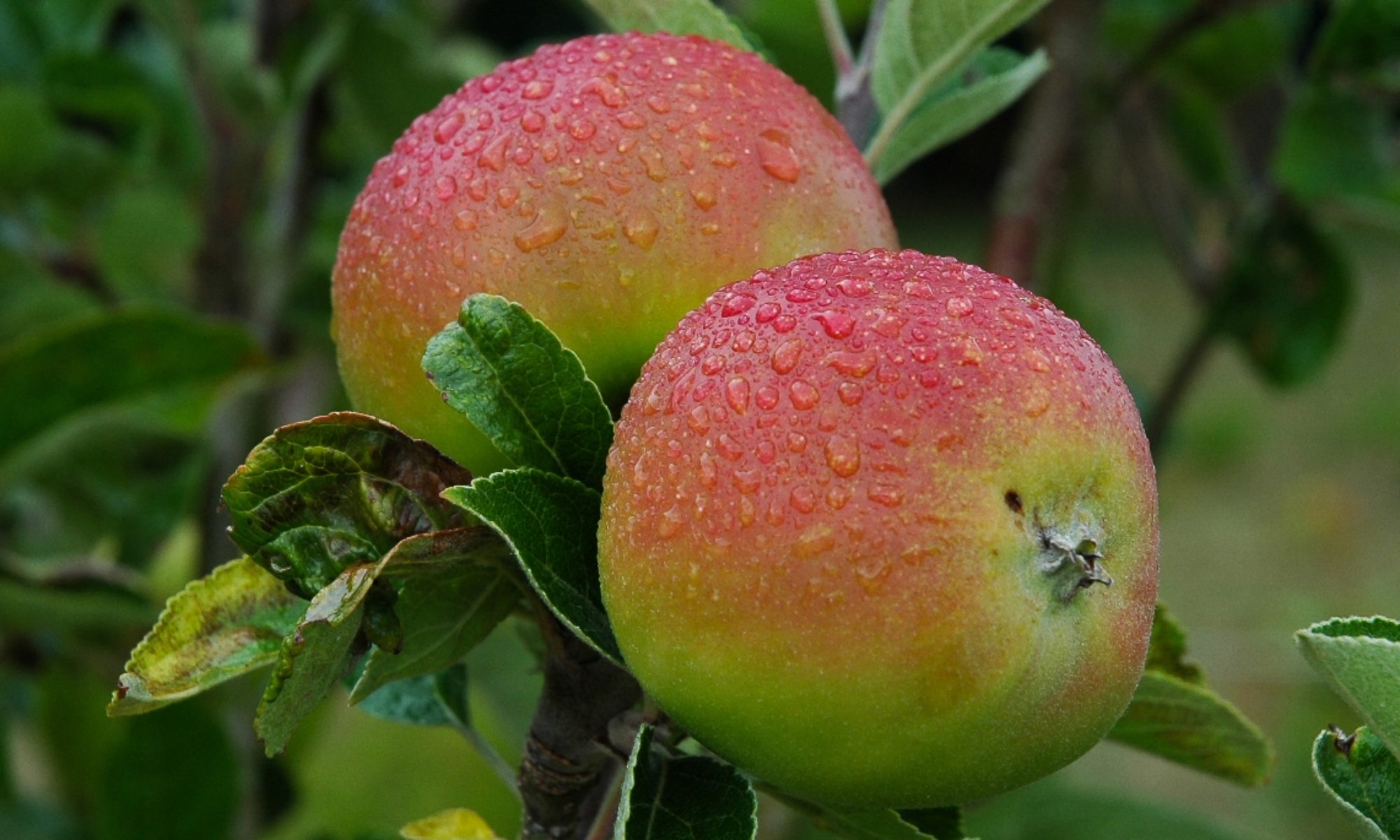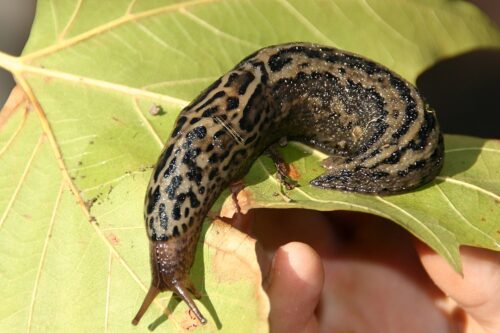Tiger snail, slug from the family of keelback slugs. The great grey slug is one of the largest slugs in Europe, reaching + 18 cm in length.
Also known as:
Leopard slug
Great grey slug (Limax maximus), slug from the family of keelback slugs (Limacidae). The great grey slug is one of the largest slugs in Europe, reaching + 18 cm in length. This slug is gray to brown in color and has a distinctive stripe pattern (“tiger stripes”), which turns into a collection of spots at the tail of the slug.
The great grey slug is a glutton and not picky about food: plants, dog and cat food, mushrooms and other snails. These slugs live for two to three years.
Great grey slugs like densely vegetated places where the chance of dehydration is small. During drought, they hide under (damp) stones and in rotten wood. Due to their high water content (90%!) they die during frost. Hidden in compost piles, basements, sheds and greenhouses, they are more likely to survive a period of frost and snow.
Where to find
- Are commonly found
Control
Great grey slugs eat other snails ans slugs, so do not remove them. If there are a lot of them – a colony – and they attack the plants en masse, move them to a place where they can do less harm

